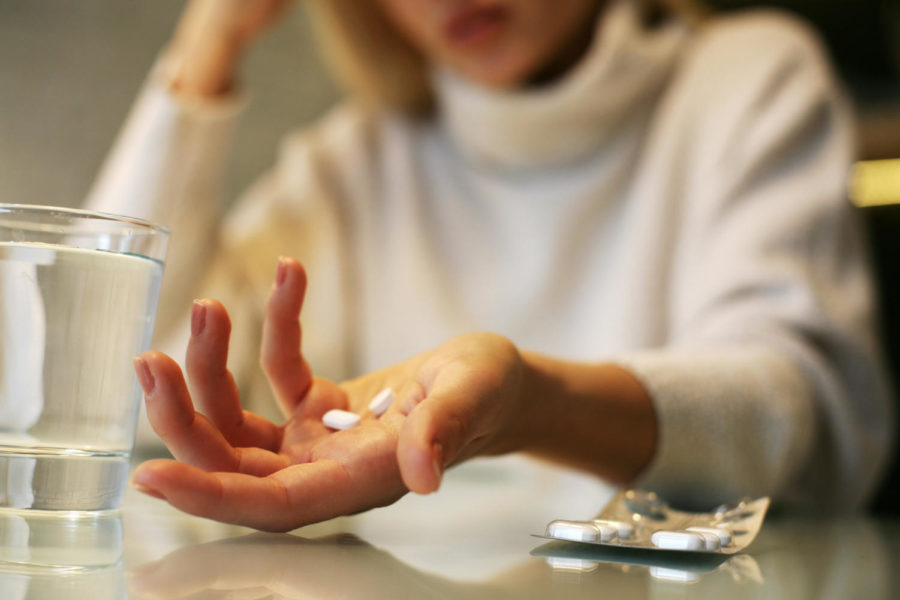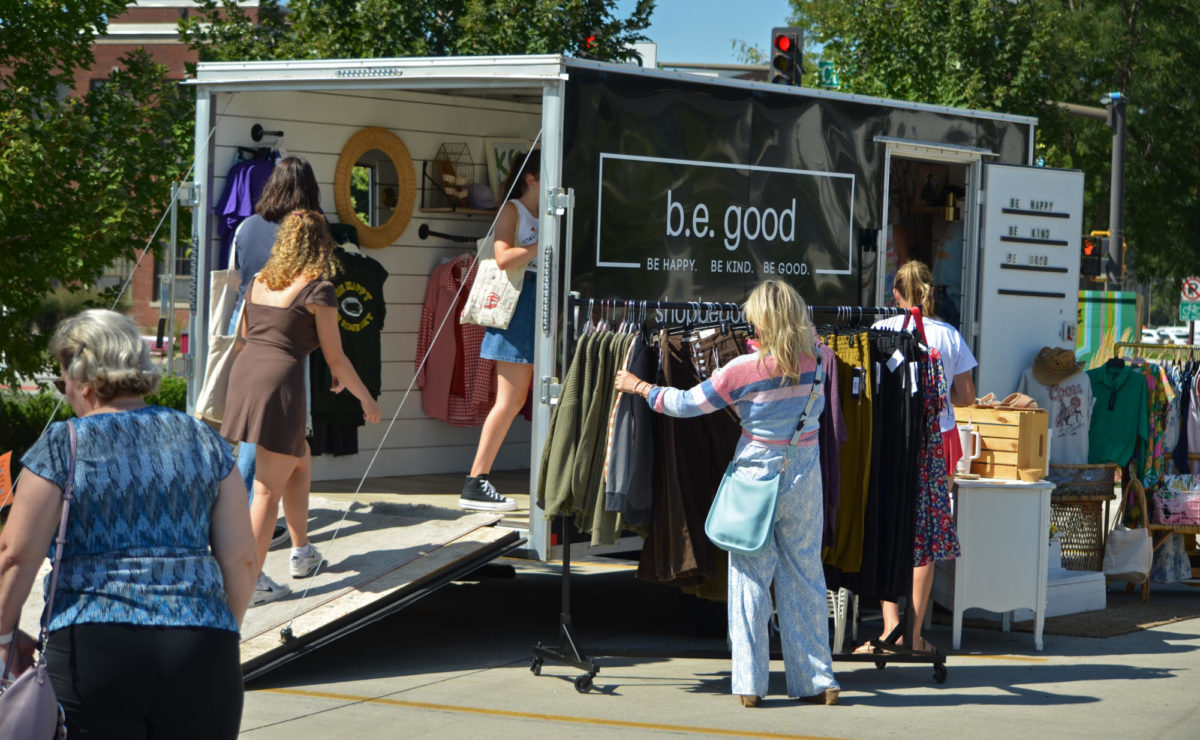Tyrrell: Stop glorifying drug abuse
November 26, 2017
The death of Long Island rapper Lil Peep created shockwaves in the music industry and Twittersphere last week, when it was announced the up-and-coming Soundcloud artist had overdosed in his tour bus.
Everyone, it seemed, had an opinion to offer on how and why he died, not all of them accurate or well thought out. But through the clutter of voices speaking on his death, one stands out from the rest.
“I’ve been expecting this call for a year,” Chase Ortega tweeted shortly after receiving news of Peep’s death.
This tweet is no longer visible after Ortega, who was often described as Lil Peep’s tour manager, made his Twitter private. Perhaps he did so because of the deluge of questions the tweet gave rise to: If he had been expecting news of Lil Peep’s death for a year, why hadn’t he done anything about it? Who was looking out for Lil Peep? Why had he died at all, when it was so evident he was struggling?
The answers to those questions can’t be pinned on Ortega, or any one person alone. Instead, we have to look at several factors, including the intersection of mental illness and drug abuse, and the glorification of drugs — especially opioids — in the hip-hop and rap industry.
Artists regularly rap about drugs such as lean, percocet and molly, glorifying them even as they seem to acknowledge the danger and despair they cause. Lil Peep particularly made it evident drugs were a way for him to cope; in “Problems,” he sings “Every time we together/ I black out” and “Took a pill and we passed out / Made a deal with the devil.”
Looking back, it seems so obvious Lil Peep needed help, he was struggling with mental health and a drug problem. But when you’re working in an industry that normalizes and often romanticizes these problems, it’s not hard to blend in.
Lil Peep’s death is not something we can blame on any one person. But it IS something we can learn from. Depression, suicide and mental health are things we need to take very seriously.
And while we are never going to be able to change the music industry overnight, it’s on all of us to erase the idea that drugs like cocaine and molly are cool or fun or easy to try once and then avoid. There is nothing cool about sipping lean or popping pills when they destroy so many lives. Those kinds of drugs ended Lil Peep’s life right as he was coming into his prime, releasing music, starting to make it big.
He was only 21.
















